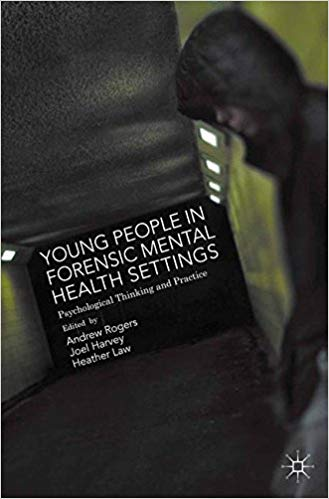
Youth crime and youth violence blights our communities and shapes the lives of many, whether they are victims, perpetrators or family members. This book examines the application of psychological thinking and practice when working with young people who display high risk behaviours across a broad range of forensic mental health settings in the UK. It provides an up-to-date account of current thinking and practice in the field and the challenges of applying effective psychological approaches within forensic settings for young people.
The contributors to Young People in Forensic Mental Health Settings are drawn from a range of environments including universities, youth offending services, secure in-patient settings, young offender institutions, Community Forensic Child and Adolescent Mental Health Services (F-CAMHS), and secure children's homes. This volume serves as an important platform for debate and as a forum for discussing the future delivery of psychologically informed services, intervention and mental health provision with young people who display high-risk behaviours.
"A first on several fronts, this book succeeds in delivering evidence-based practical knowledge to all those working with young people in forensic mental health settings. The underpinning practical approach to psychological thinking and practice is also developmentally informed, formulation driven, rightly acknowledging the challenge and complexity of working with young people who find themselves in forensic mental health settings. This book is greatly enriched by a chapter co-written by a young person and its contents will empower practitioners to improve life outcomes for such young people. Both editors and authors are to be congratulated on producing a book that has real utility for practitioners." Professor Dame Sue Bailey, Chair of the Academy of Medical Royal Colleges, UK